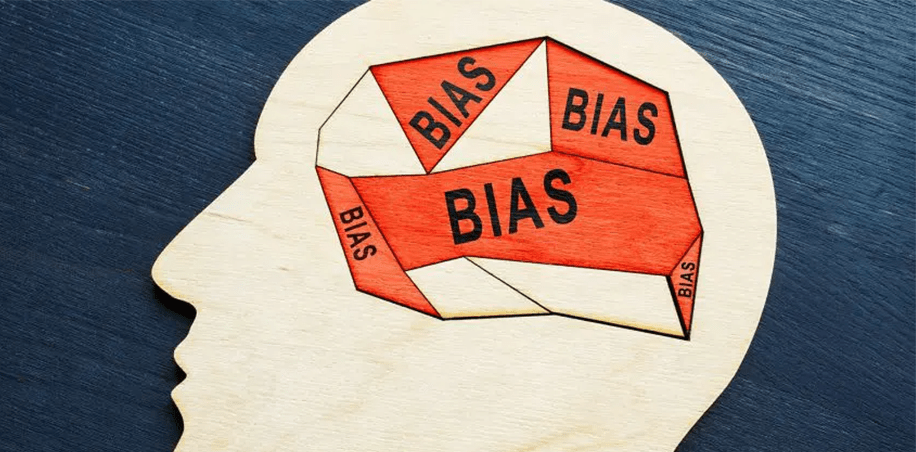
Delve deep into the realm of cognitive biases with our neuropsychopharmacist team, to uncover the fascinating ways our minds can distort information, influence decision-making, and shape our perceptions of reality. Whether you're a student, professional, or simply curious about the complexities of human cognition, this course provides a thought-provoking exploration of biases that impact our everyday lives.

This Cognitive Bias Modification (CBM) course is a groundbreaking approach to reshaping our cognitive processes. This course is designed to explore and implement the principles of CBM, a method showing remarkable promise in altering how our brains perceive and react to the world around us.
Imagine you're presenting in front of an important audience. Your eyes catch a few disapproving expressions, and suddenly, you're overwhelmed with anxiety, undermining your performance. This scenario is not just about public speaking nerves; it's a vivid illustration of how our brains are wired to focus on negative feedback¹, often overshadowing the positive. This negativity bias is deeply ingrained in our cognition and plays a significant role in shaping our emotions, particularly anxiety.
However, recent research has illuminated a hopeful path. We now understand that this default cognitive response to negativity is not unchangeable. Through CBM training, we can rewire our brains to shift focus from negative to positive stimuli, breaking the cycle of anxiety and negativity.
In this course, we delve into the specifics of CBM training. This innovative intervention has shown efficacy in altering the attentional negativity bias that contributes to anxiety. Our journey will encompass the fascinating research conducted by Brady Nelson and his team at Stony Brook University. They discovered that CBM can rapidly alter brain activity, particularly affecting error-related negativity (ERN) - a neural marker that indicates sensitivity to threat. Their findings suggest that even a single session of CBM training can reduce this threat response, showing promise beyond traditional cognitive-behavioral therapies.
As we progress, we'll consider the implications of this research, not just for those with clinical anxiety but for anyone looking to enhance their cognitive functioning and psychological well-being.
Key Highlights:
-
The Biases Unveiled: Embark on a captivating exploration of an extensive array of cognitive biases, starting with negativity bias and moving onto the wider array, paying special attention to the most important such as confirmation and availability and anchoring. The course goes on to uncover how each bias operates, recognize its manifestations, and delve into real-life examples to grasp its impact.
-
Critical Thinking Skills: Develop robust critical thinking skills as you learn to identify, analyze, and challenge cognitive biases. Through interactive exercises, case studies, and simulations, you'll enhance your ability to make more informed and rational decisions.
-
Real-world Applications: Explore how cognitive biases affect various facets of life, including marketing and advertising, politics, interpersonal relationships, and financial decision-making. Uncover how biases can lead to both positive and negative outcomes, and learn strategies to navigate them effectively.
-
Bias Mitigation Strategies: Discover practical techniques to mitigate the influence of cognitive biases. Learn how to apply mindfulness, self-awareness, and deliberate thinking to counteract biases and make more objective choices.
-
Expert Insights: Benefit from the wisdom of leading experts in psychology and cognitive science, who provide engaging lectures, real-world case studies, and practical insights that bridge theory and practice.
Upon completing the course you will emerge with a better understanding of the intricate cognitive processes that shape human perception and decision-making. Armed with this knowledge, you'll be better equipped to navigate the complexities of a biased world, make informed choices, and engage with others in a more empathetic and mindful manner. Enrol today and embark on a transformative journey to unravel the mysteries of cognitive biases and their profound impact on human behavior.
References:
¹Dandeneau SD, Baldwin MW, Baccus JR, Sakellaropoulo M, Pruessner JC. Cutting stress off at the pass: reducing vigilance and responsiveness to social threat by manipulating attention. J Pers Soc Psychol. 2007 Oct;93(4):651-66. doi: 10.1037/0022-3514.93.4.651. PMID: 17892337.
